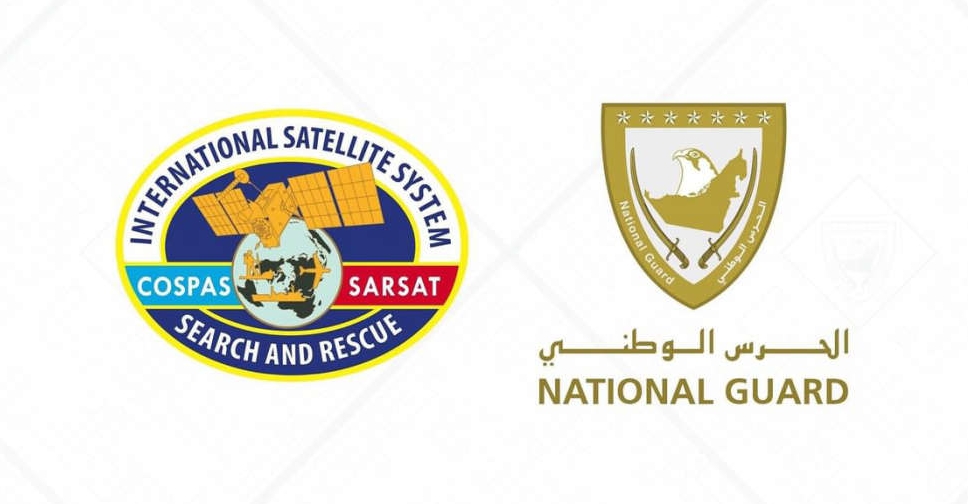
The 39th Cospas-Sarsat Joint Committee meeting that provides a platform for international collaboration in advancing global emergency response systems has kicked off in Abu Dhabi.
Organised by the National Search and Rescue Centre (NSRC) of the National Guard, the event will run until June 5 under the patronage of Major General Staff Pilot Saleh Mohammed bin Mejren Al Ameri, Commander of the National Guard.
Hosting the event for the first time, it will see the participation of more than 200 experts from 45 countries, including representatives from the International Civil Aviation Organisation (ICAO), the International Maritime Organisation (IMO), and the International Telecommunication Union (ITU).
In his opening remarks, Colonel Staff Pilot Rashed Al Naqbi, Manager of NSRC, emphasised the UAE’s commitment to fostering strategic partnerships and exchanging expertise with international entities to save lives and enhance response times and accuracy.
Allan Knox, Head of the Cospas-Sarsat delegation and Chair of the 39th Joint Committee Meeting, expressed confidence that the outcomes of the meeting would contribute to the development of global rescue services and help save more lives.
What is COSPAS-SARSAT
COSPAS-SARSAT facilitates the detection and transmission of distress signals via satellite to ensure rapid and effective life-saving interventions. Since its inception in 1982, the programme has contributed to saving more than 66,000 lives worldwide.
The UAE joined COSPAS-SARSAT in 2009 and has since taken an active role in shaping its mission, incorporating world-class standards and pioneering technologies in search and rescue operations.
The NSRC manages nine advanced ground stations and a 24|7 coordination hub. The centre has conducted over 1,200 operations between 2024 and the first quarter of 2025, including land and sea rescues, airborne evacuations and rapid responses to distress signals.
Its fleet of AW139 helicopters, equipped with night vision and thermal imaging, is deployed across five zones in the UAE. The centre also monitors key maritime and terrestrial distress frequencies, ensuring rapid and coordinated responses.
In alignment with the UAE’s National Artificial Intelligence Strategy, the NSRC integrates AI technologies to analyse distress signals in real time, further reducing response times and enhancing accuracy. Innovations such as the Traffic Collision Avoidance System (TCAS) and AI-driven platforms have contributed to positioning the UAE at the forefront of next-generation emergency response.


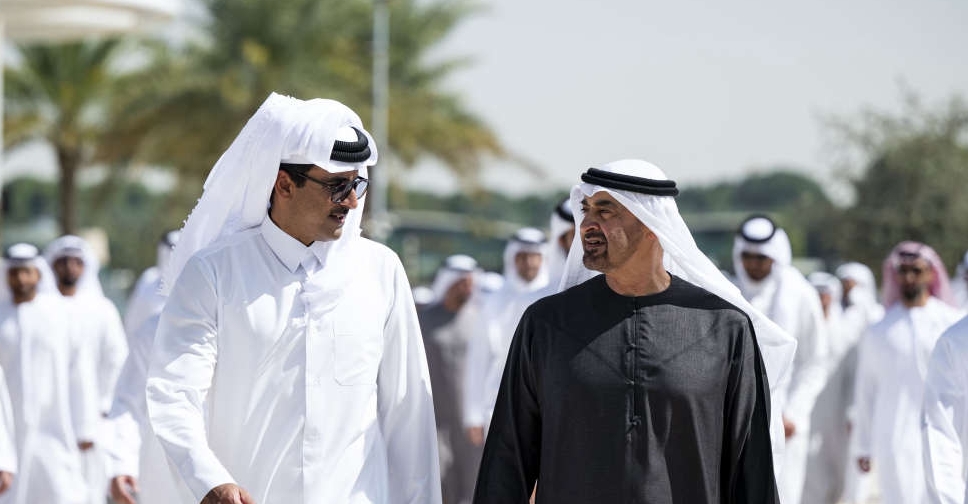 Emir of Qatar welcomed by UAE President on visit to Abu Dhabi
Emir of Qatar welcomed by UAE President on visit to Abu Dhabi
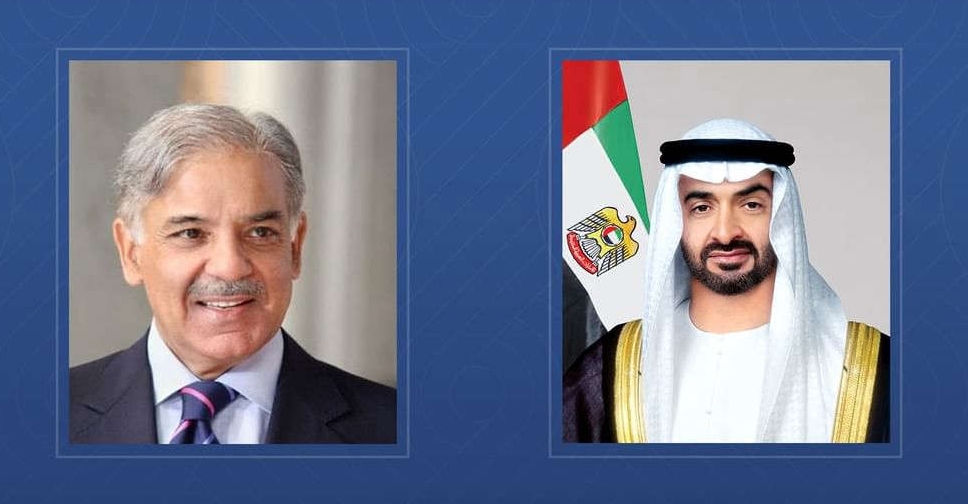 UAE, Pakistan leaders discuss boosting economic ties
UAE, Pakistan leaders discuss boosting economic ties
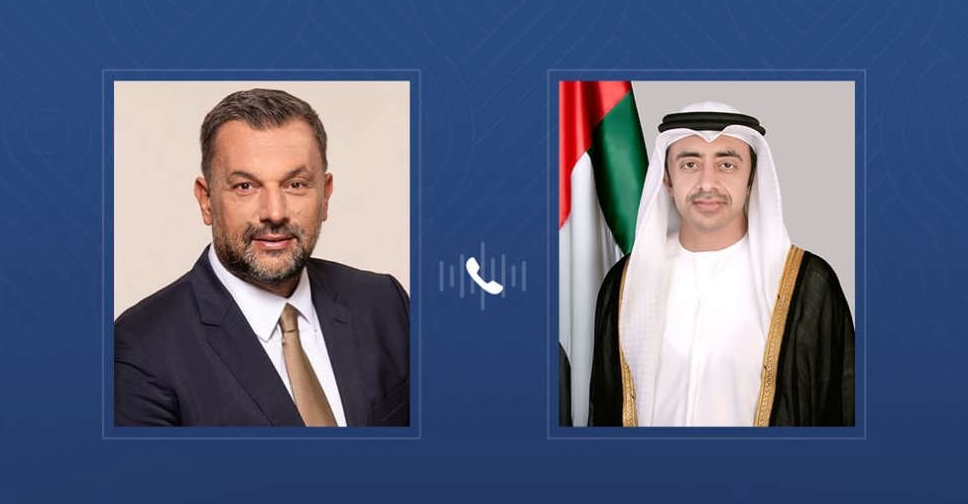 UAE, Bosnia FMs discuss strengthening bilateral relations
UAE, Bosnia FMs discuss strengthening bilateral relations
 H.H. Sheikh Mohammed launches campaign to rescue 5 million children from hunger
H.H. Sheikh Mohammed launches campaign to rescue 5 million children from hunger
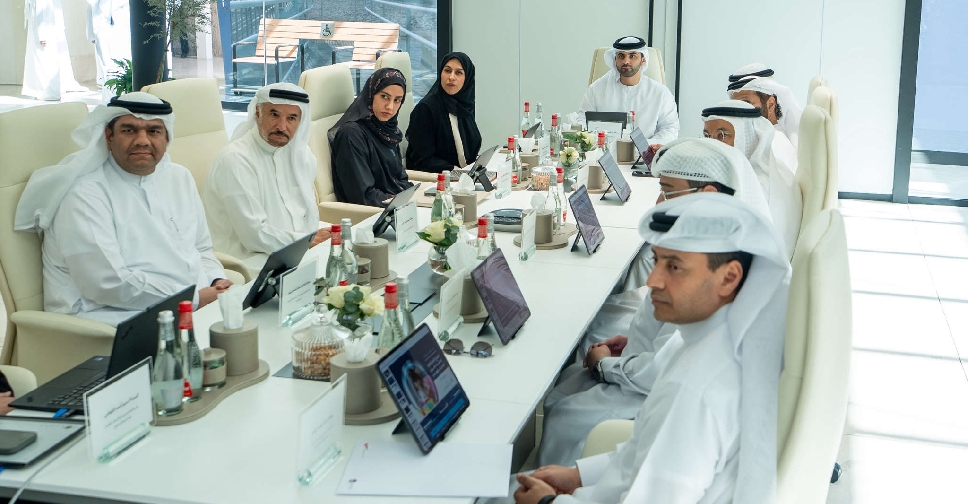 Dubai advances measures to support people of determination
Dubai advances measures to support people of determination
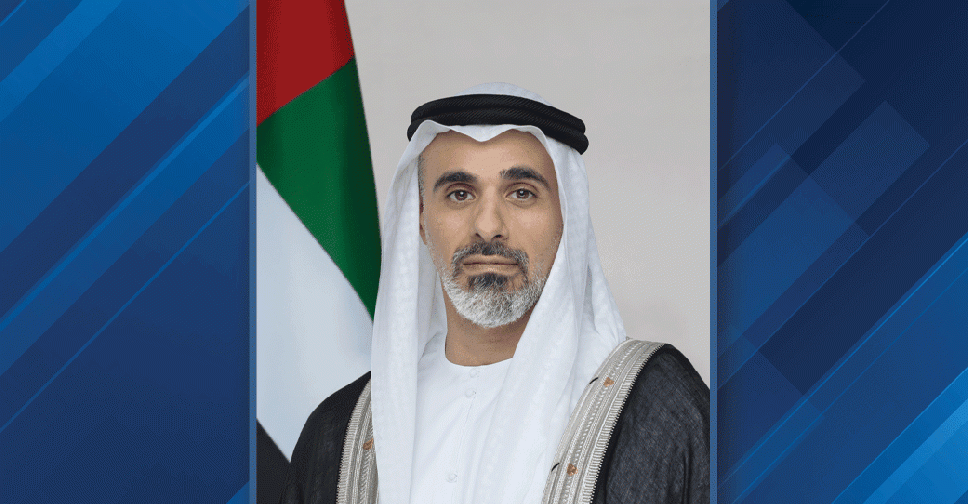 Abu Dhabi Crown Prince to lead UAE delegation at AI Impact Summit in India
Abu Dhabi Crown Prince to lead UAE delegation at AI Impact Summit in India
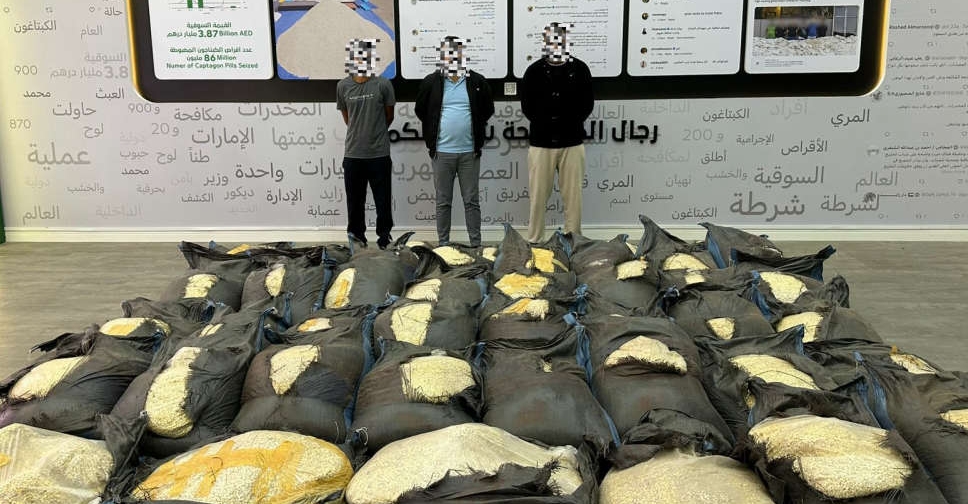 Over 14 million Captagon pills, hidden in grain sacks, seized in UAE–Kuwait operation
Over 14 million Captagon pills, hidden in grain sacks, seized in UAE–Kuwait operation
 Remote learning on Fridays during Ramadan for UAE public schools
Remote learning on Fridays during Ramadan for UAE public schools
 UAE clarifies enrollment rules for British curriculum schools
UAE clarifies enrollment rules for British curriculum schools
 UAE announces temporary road closures in Al Dhaid
UAE announces temporary road closures in Al Dhaid
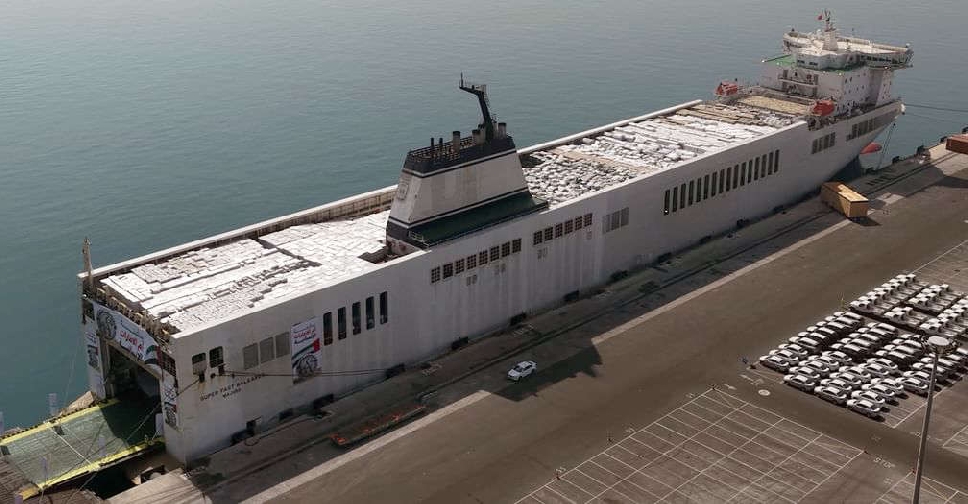 Umm Al Emarat aid ship sets sail for Gaza Strip
Umm Al Emarat aid ship sets sail for Gaza Strip
 UAE announces Ramadan working hours for private sector
UAE announces Ramadan working hours for private sector
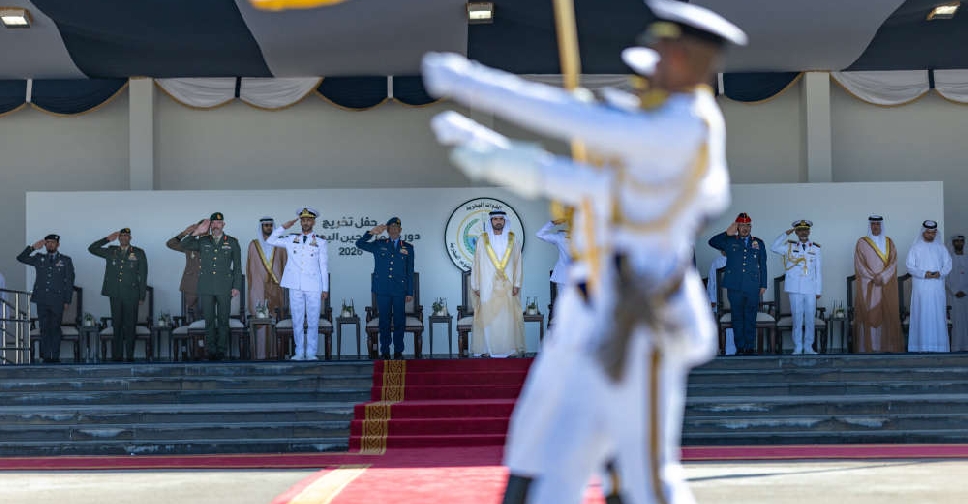 H.H. Sheikh Hamdan highlights nation’s defence vision at naval college ceremony
H.H. Sheikh Hamdan highlights nation’s defence vision at naval college ceremony
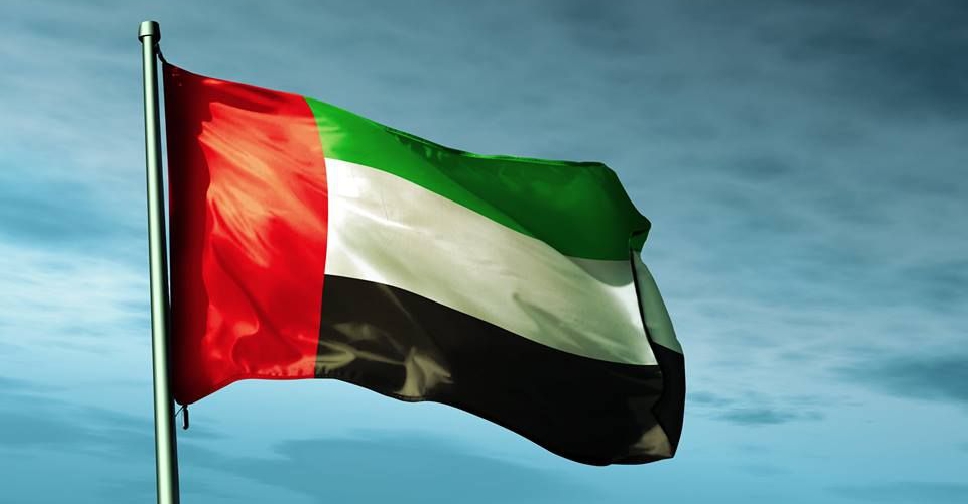 Members of UAE's National Identity Committee unveiled
Members of UAE's National Identity Committee unveiled
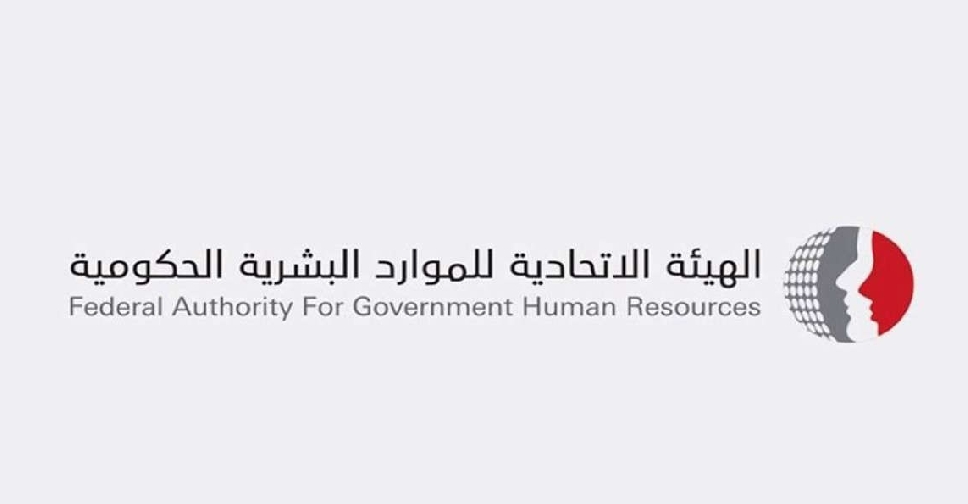 Ramadan working hours confirmed for UAE public sector
Ramadan working hours confirmed for UAE public sector
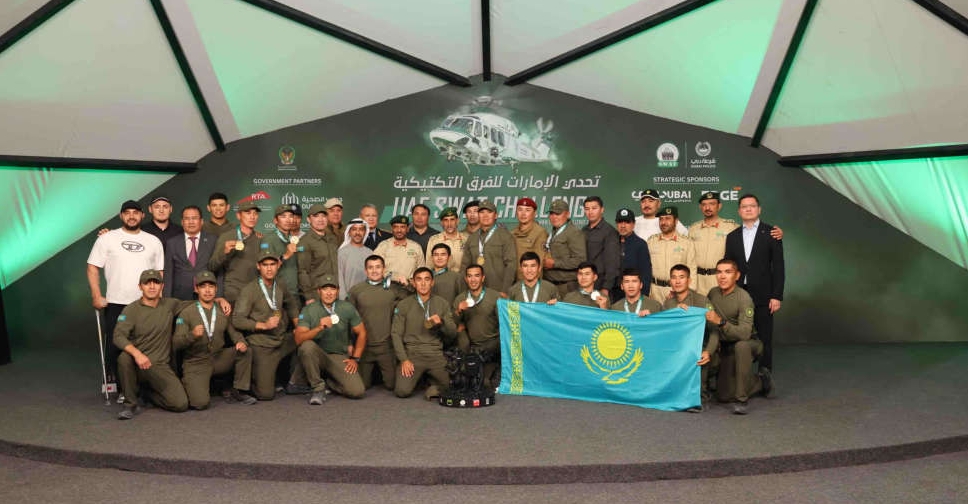 Kazakhstan crowned champions of UAE SWAT Challenge 2026
Kazakhstan crowned champions of UAE SWAT Challenge 2026
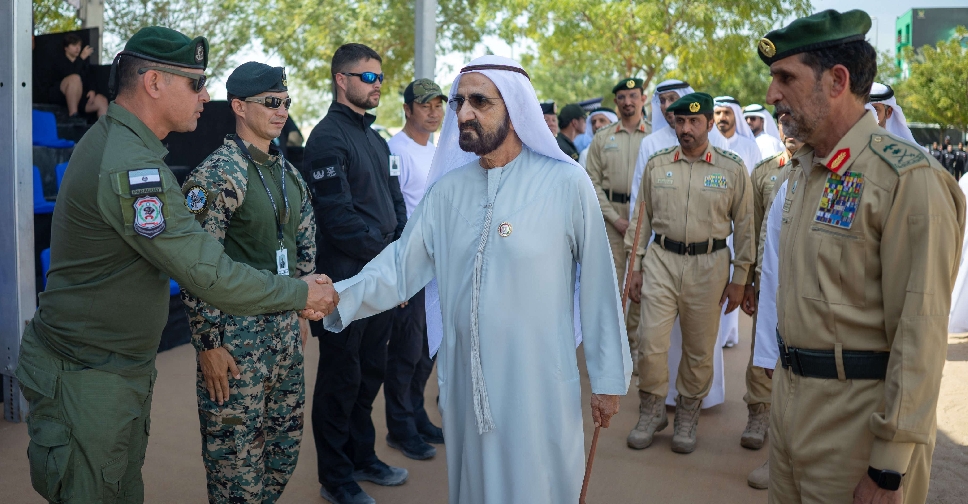 H.H. Sheikh Mohammed attends final day of UAE SWAT Challenge
H.H. Sheikh Mohammed attends final day of UAE SWAT Challenge
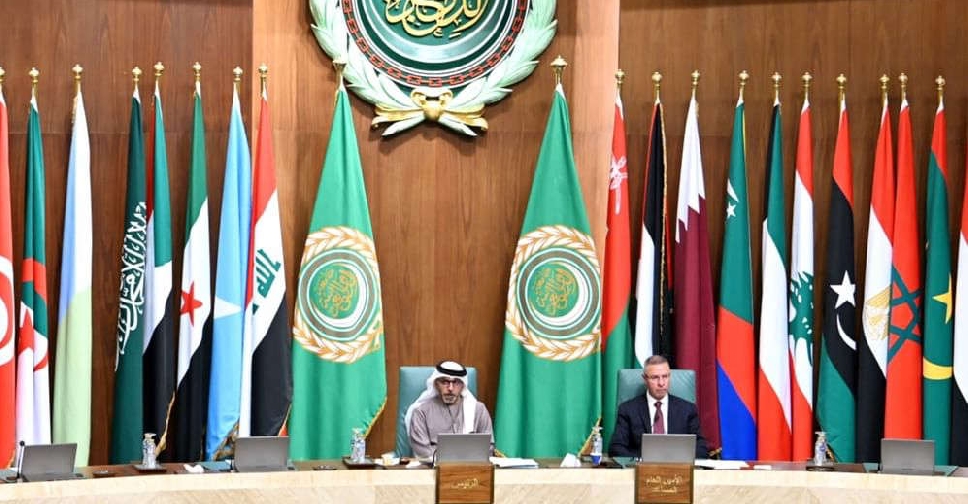 UAE chairs Arab League emergency meeting on Israeli settlement expansion
UAE chairs Arab League emergency meeting on Israeli settlement expansion
 UAE cracks down on unlicensed domestic worker recruitment platforms
UAE cracks down on unlicensed domestic worker recruitment platforms
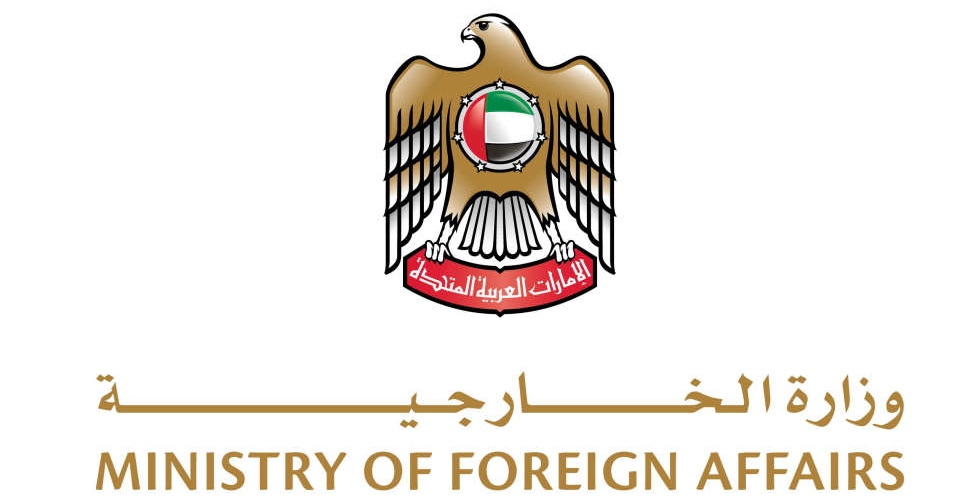 UAE strongly condemns school shooting in Canada
UAE strongly condemns school shooting in Canada
